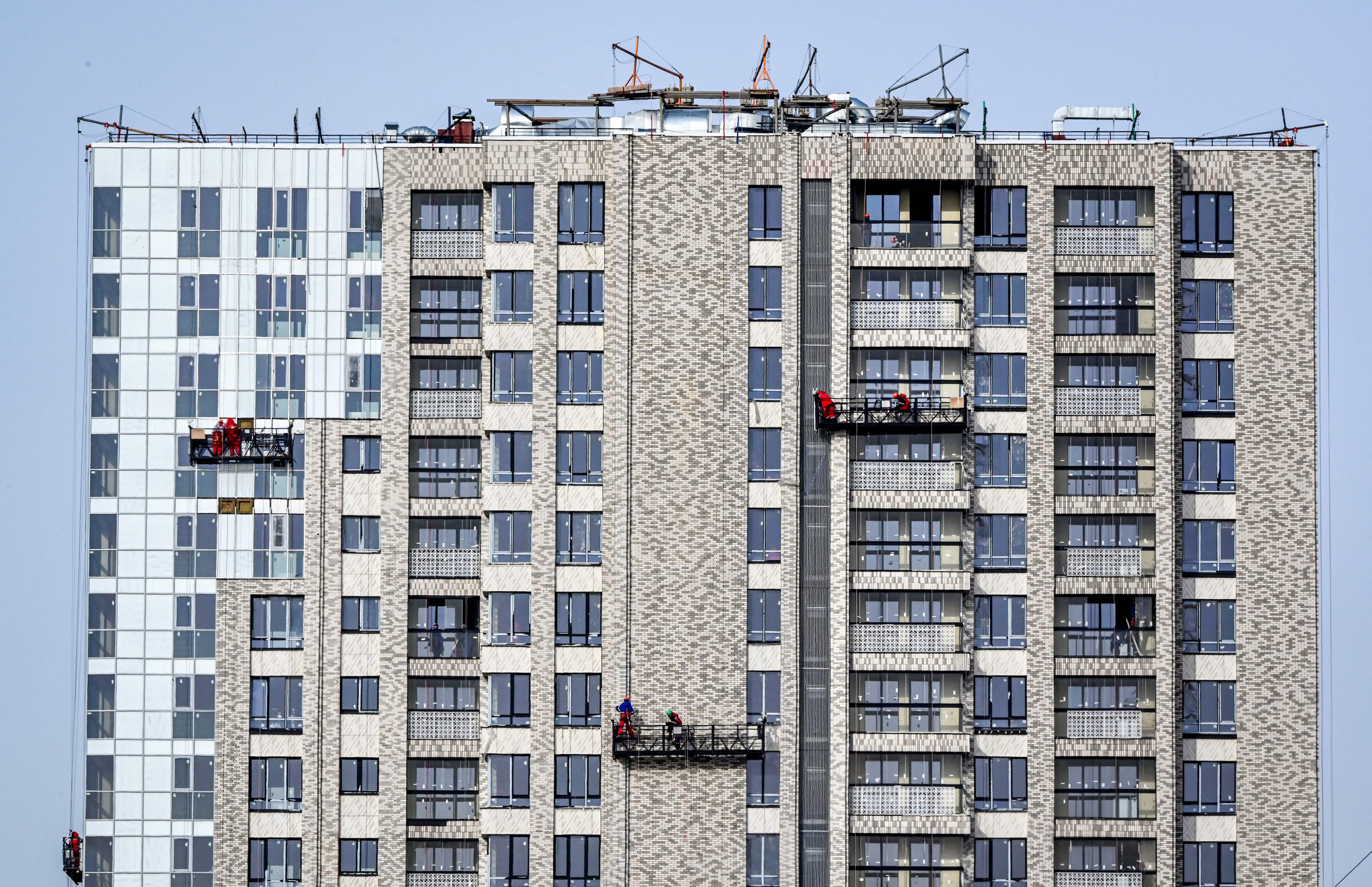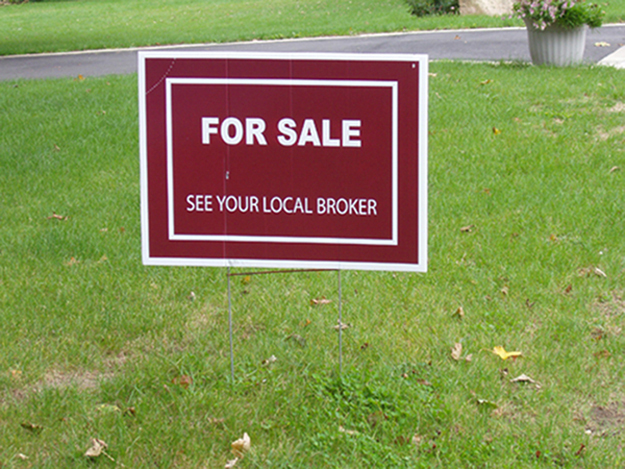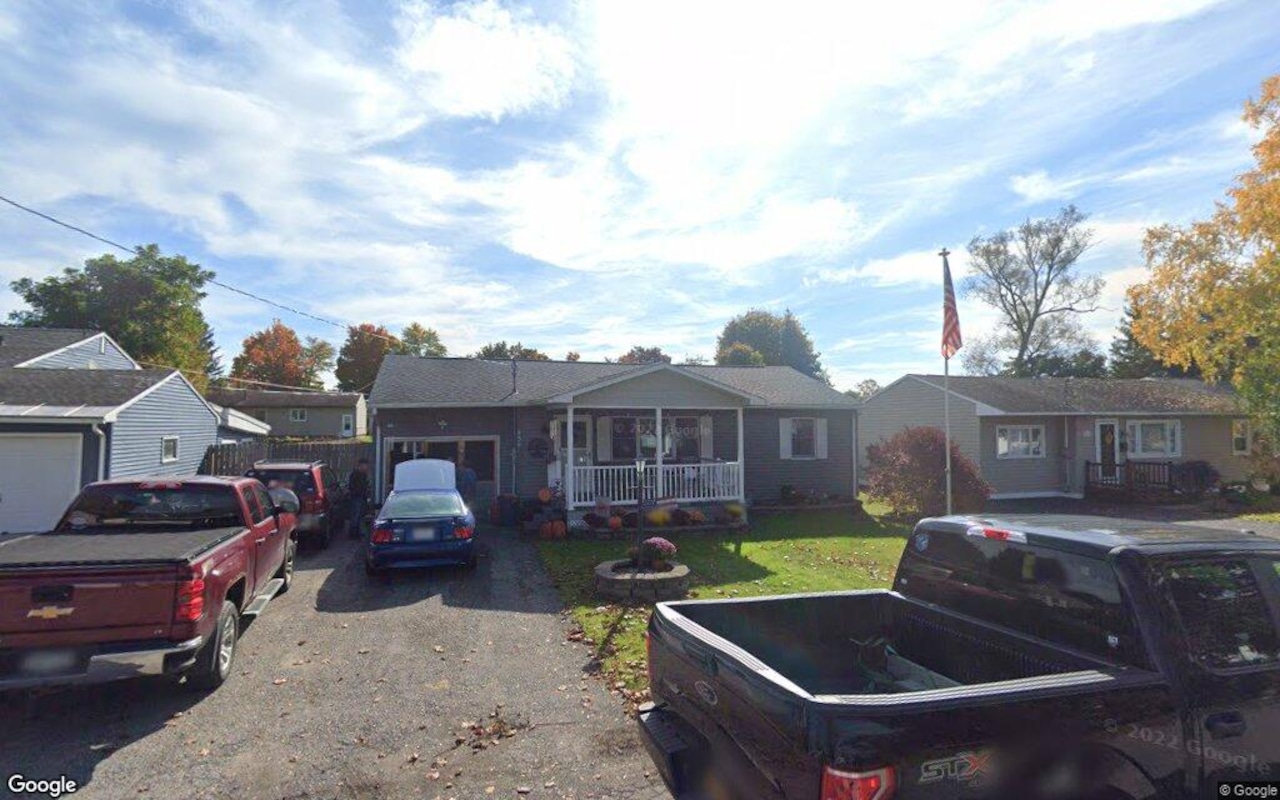N
early a third of Russia’s real‑estate developers may soon be on the brink of bankruptcy, a warning issued by Kyiv’s foreign intelligence service. The threat stems from sanctions linked to Moscow’s invasion of Ukraine, high mortgage rates, weak demand, limited state aid, and the diversion of resources to the war effort.
The housing market is a key barometer of the Russian economy, which has been battered by sanctions, labour shortages and soaring interest rates. The construction sector is a major employer; its decline could ripple across the economy, creating a political headache for the Kremlin, which has tried to portray the war as not affecting ordinary Russians.
According to the Ukrainian agency, roughly 20 % of developers are already near insolvency, a figure that could climb to 30 % in the near future. The most vulnerable are mass‑housing firms that rely on mortgage demand. They are delaying project completions, and sales are falling. The Central Bank’s key rate peaked at 21 % and has only recently been cut to 17 %, still making home loans unaffordable for most households and businesses.
In June, Russian banks rejected 50.6 % of mortgage applications, even from borrowers with strong credit. The real cost of a mortgage—including insurance and commissions—exceeds 25 % per year. The preferential mortgage program that kept rates at 8 % for four years ended in July 2024, triggering a slowdown in the real‑estate and construction sectors that had supported employment and growth amid Western sanctions.
Deputy Prime Minister Marat Khusnullin echoed these concerns, noting that 20 % of developers face serious risk and that the share could exceed 30 % if the high key rate persists, money stops flowing into the sector, citizens stop investing in property, and mortgage support wanes. Since the program’s termination, 80 % of mortgages are issued under targeted government initiatives (e.g., for families with children), while only 20 % are on market terms.
The Central Bank has focused on curbing inflation, which has risen due to high military spending and labour shortages. Even after the recent rate cut, inflation remains at 8.1 %, well above the 4 % target, limiting further reductions. Calls for additional cuts continue; Sberbank CEO German Gref has urged a drop to 14 % by year‑end.
Revenue declines among the top developers underscore the crisis. In the first half of 2025, nine of Russia’s 20 largest residential developers reported significant drops: YugStroyInvest fell 45 % to 29 billion rubles ($348 million), GK Tochno’s revenue slid 43 % to 10 billion rubles, and Setl Group’s income plunged 41 %.
The industry’s woes are compounded by low demand, scant state support, and the war’s drain on resources. As developers postpone completions and sales slump, the construction sector’s contraction threatens to spread throughout the broader economy, challenging the Kremlin’s narrative that the war does not affect ordinary Russians’ livelihoods.














